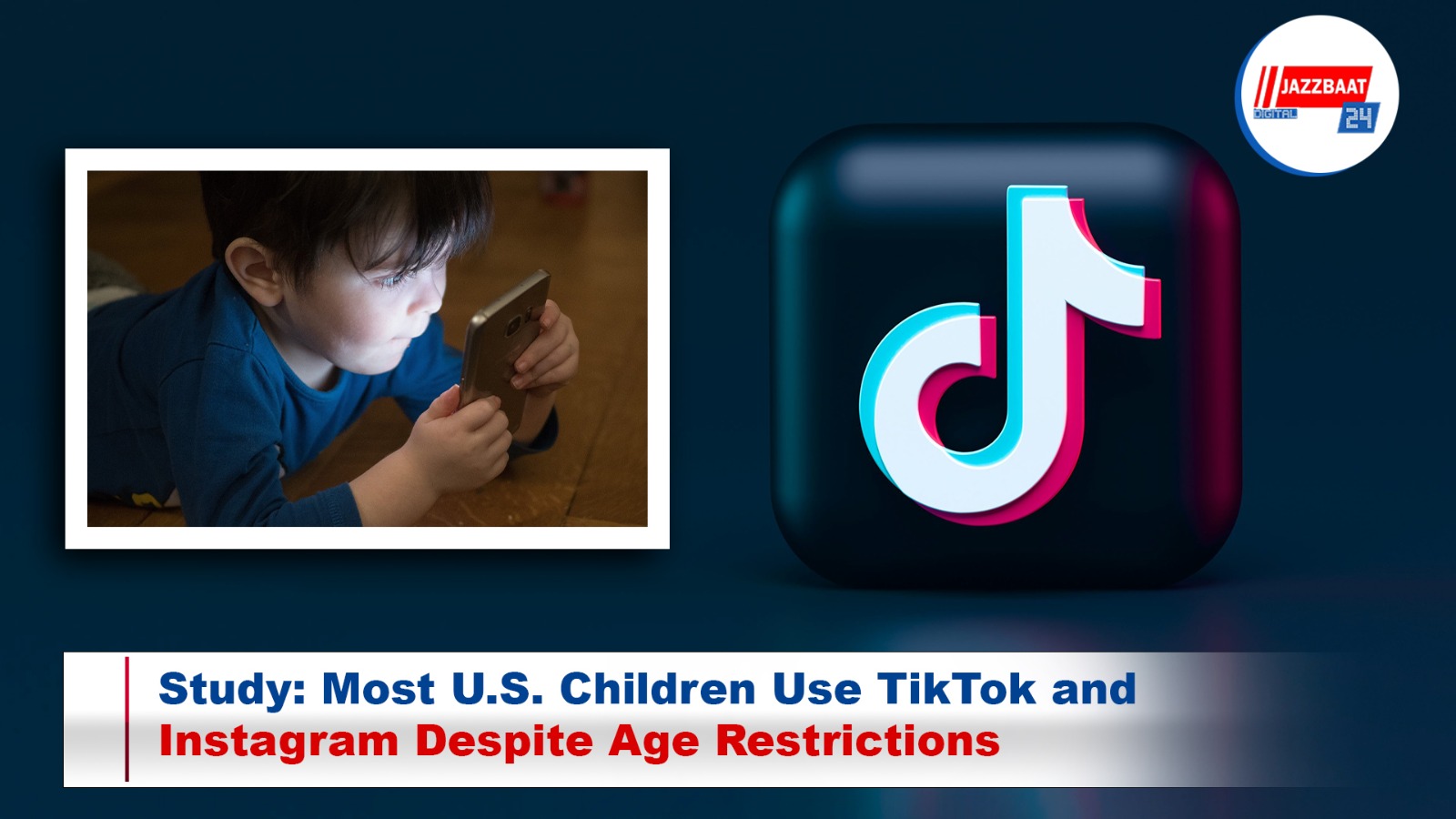
As the Supreme Court decides whether Congress can ban the Chinese-owned social media app TikTok, new research shows the risks to kids. A new study from UC San Francisco finds most 11- and 12-year-olds are on TikTok and other social media despite age restrictions and many show signs of social media addiction.
TikTok, Instagram, YouTube and Snapchat all require you to be at least 13 to create an account. But the study finds 6 in 10 11- and 12-year-olds across the country have accounts on these platforms and 6.3% hide their social media from their parents.
The study, based on a national sample of over 10,000 kids aged 11-15, is in the January issue of Academic Pediatrics. Friday the Supreme Court will hear arguments on whether Congress can ban TikTok, which goes into effect January 19. While the case is about national security, researchers say lawmakers should also consider the impact on kids’ well-being.
“Policymakers need to look at TikTok as a systemic social media issue and create effective measures that protect children online,” said Dr. Jason Nagata, a pediatrician at UCSF Benioff Children’s Hospitals and the study’s lead author. “TikTok is the most popular social media platform for children, yet kids reported having more than three different social media accounts, including Instagram and Snapchat.”
In a previous study, Nagata found that problematic social media use in kids showed signs of addiction – inability to stop despite trying, withdrawal, tolerance, conflict and relapse. The current study finds 25% of kids with social media accounts think about the apps often, 25% use them to escape their problems. 17% tried to cut back on social media but couldn’t and 11% said excessive use affected their schoolwork.
“Our study revealed that a quarter of children reported elements of addiction while using social media, with some as young as 11 years old. The research shows underage social media use is linked with greater symptoms of depression, eating disorders, ADHD and disruptive behaviors. When talking about social media usage and policies, we need to prioritize the health and safety of our children.” Nagata said.
To counteract the effects of screen time and social media on kids the American Academy of Pediatrics has the Family Media Plan. This plan helps families manage their kids’ online and offline time.
“Every parent and family should have a family media plan to ensure children and adults stay safe online and develop a healthy relationship with screens and social media,” he said.
“Parents can create strong relationships with their children by starting open conversations and modeling good behaviors,” he added. “This is something I try to do with my own children.”